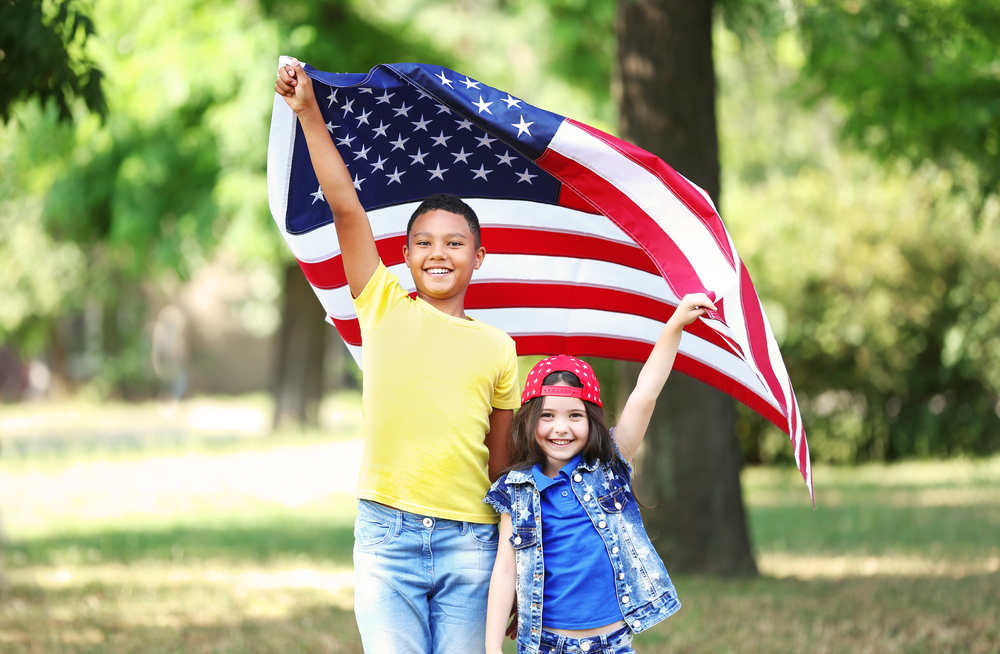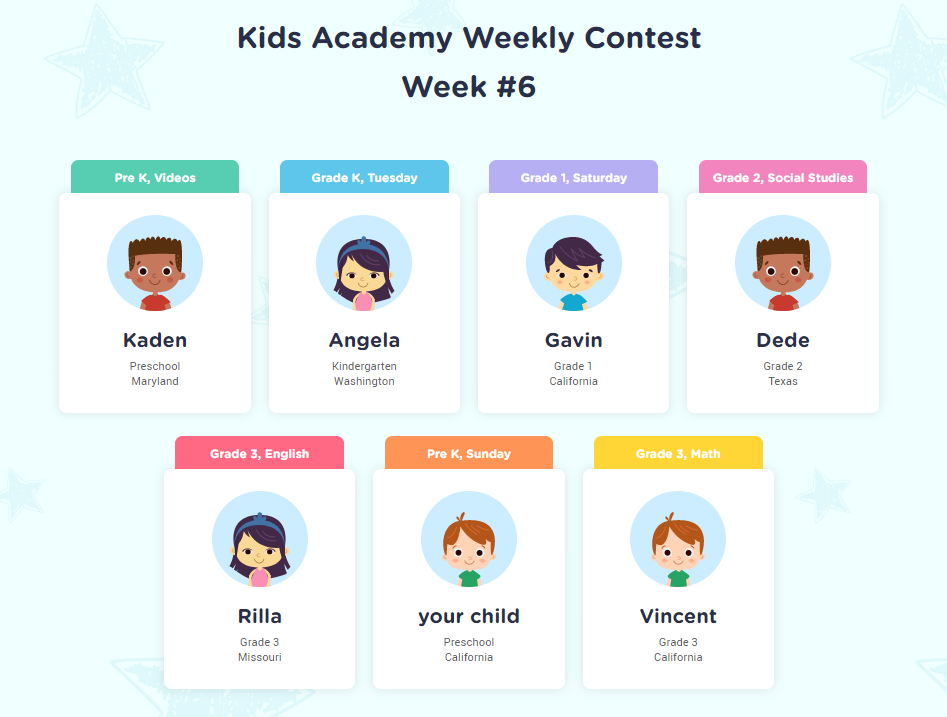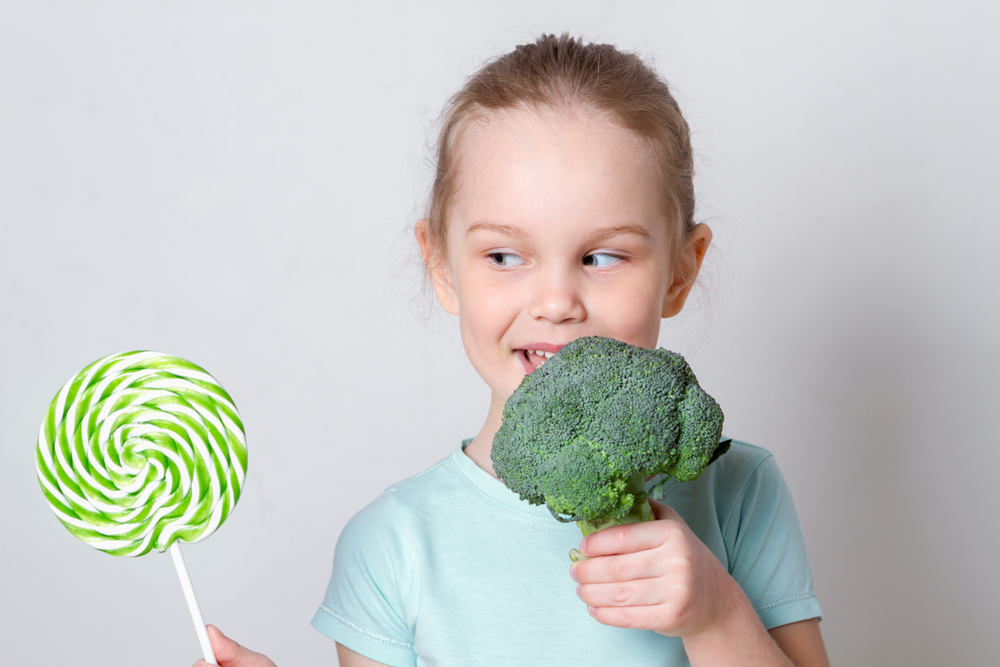Beginning Sounds worksheets activities for Ages 4-6
2 filtered results
-
From - To
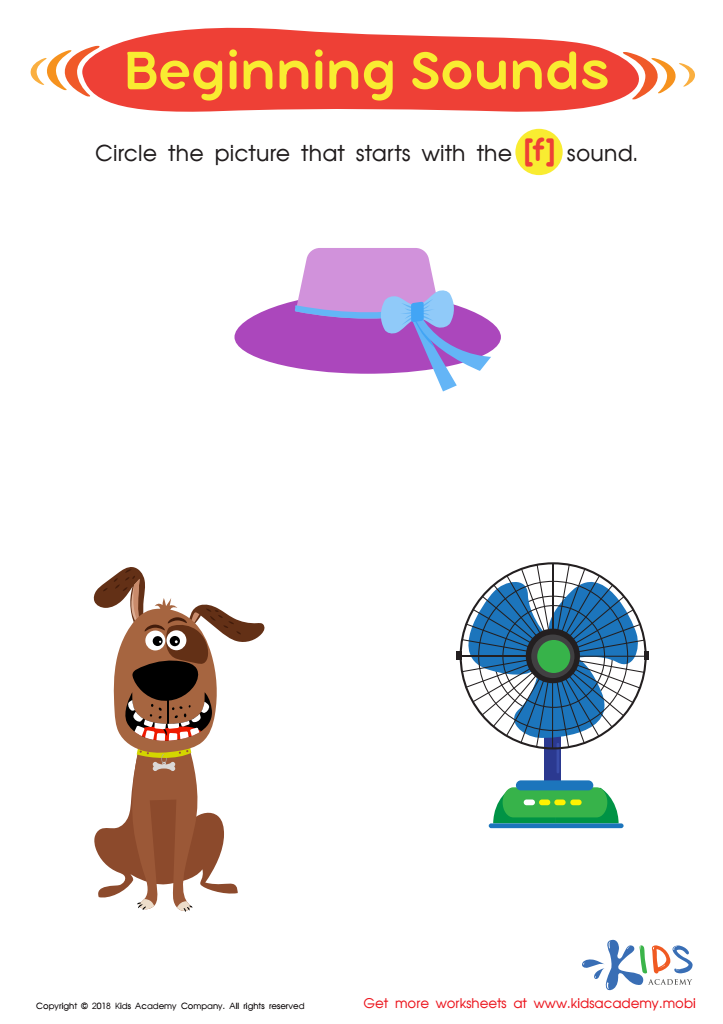

Beginning Sounds Assessment Printable


Phonics and Word Recognition: Assessment 1 ELA Worksheet
Beginning Sounds worksheets activities are an invaluable resource for early childhood education, playing a pivotal role in laying the foundation for successful reading and phonics skills. These engaging worksheets are designed specifically to help young learners recognize and associate the initial sounds of words with their corresponding letters, a crucial step in the journey towards literacy.
The importance of Beginning Sounds worksheets activities cannot be overstated. They provide a structured yet fun way for children to explore the sounds of the alphabet, making the learning process both enjoyable and effective. Through various exercises such as matching letters to pictures, filling in the blanks, or identifying the odd one out, children develop a keen ear for phonetic sounds. This early exposure to phonemic awareness is essential, as it is directly linked to a child's ability to read and spell words correctly in the future.
Moreover, Beginning Sounds worksheets activities are versatile tools that cater to different learning styles. Whether a child is a visual, auditory, or kinesthetic learner, these worksheets offer an array of activities that can be tailored to meet individual needs. This personalization ensures that every child can progress at their own pace, fostering a sense of achievement and boosting self-confidence.
Another significant benefit of Beginning Sounds worksheets activities is the reinforcement of vocabulary and language skills. As children connect sounds to letters and words, they inadvertently expand their lexicon, learning new words and their meanings. This enriched vocabulary not only aids in reading comprehension but also enhances communication skills, allowing children to express themselves more effectively.
In conclusion, Beginning Sounds worksheets activities are a cornerstone of early literacy education. They not only equip children with the foundational skills necessary for reading and writing but also stimulate cognitive development and linguistic proficiency. By incorporating these activities into the learning curriculum, educators and parents can significantly contribute to a child's academic success and lifelong love for learning.
 Assign to the classroom
Assign to the classroom
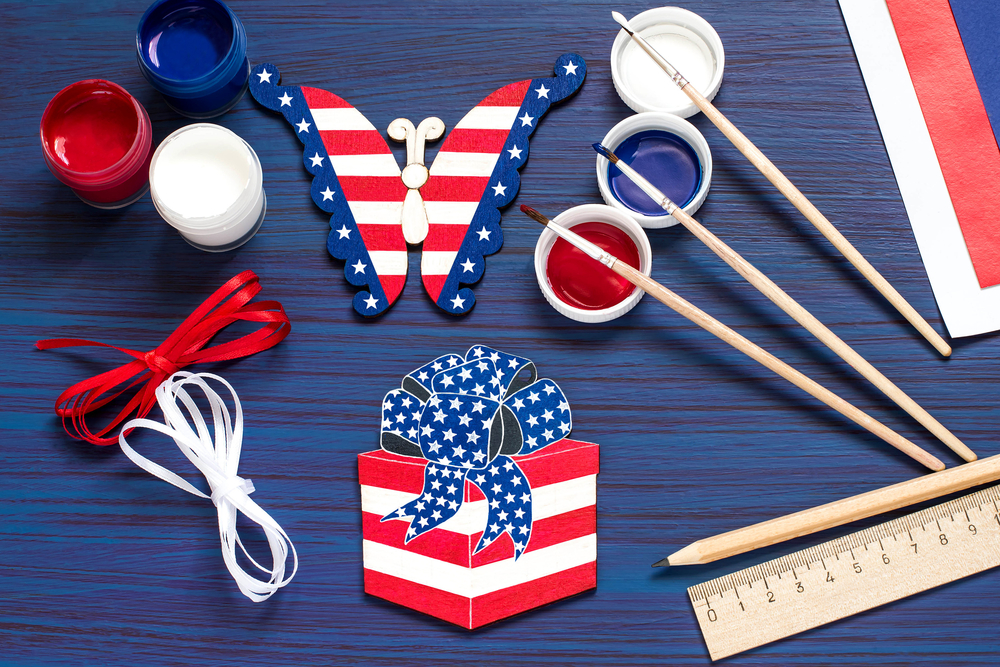
.jpg)
